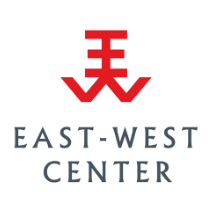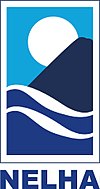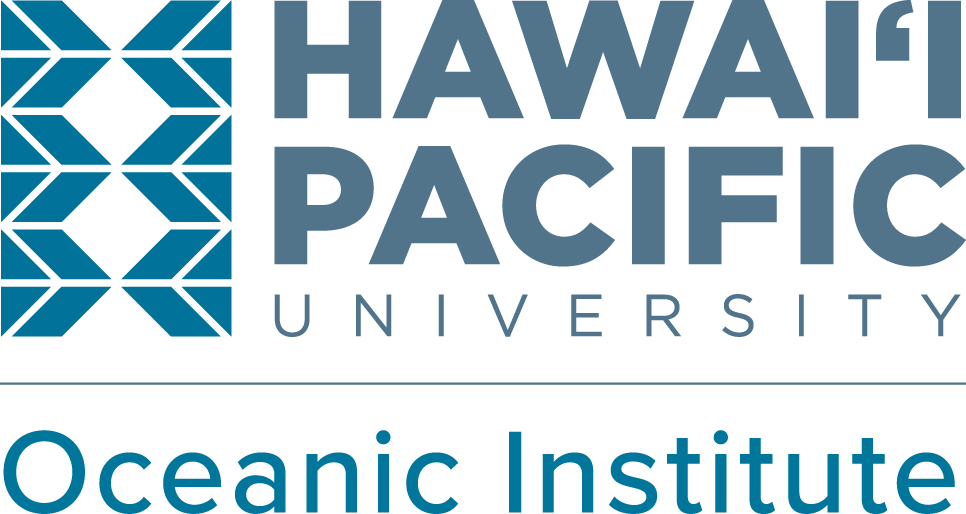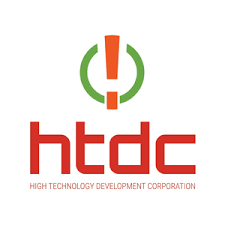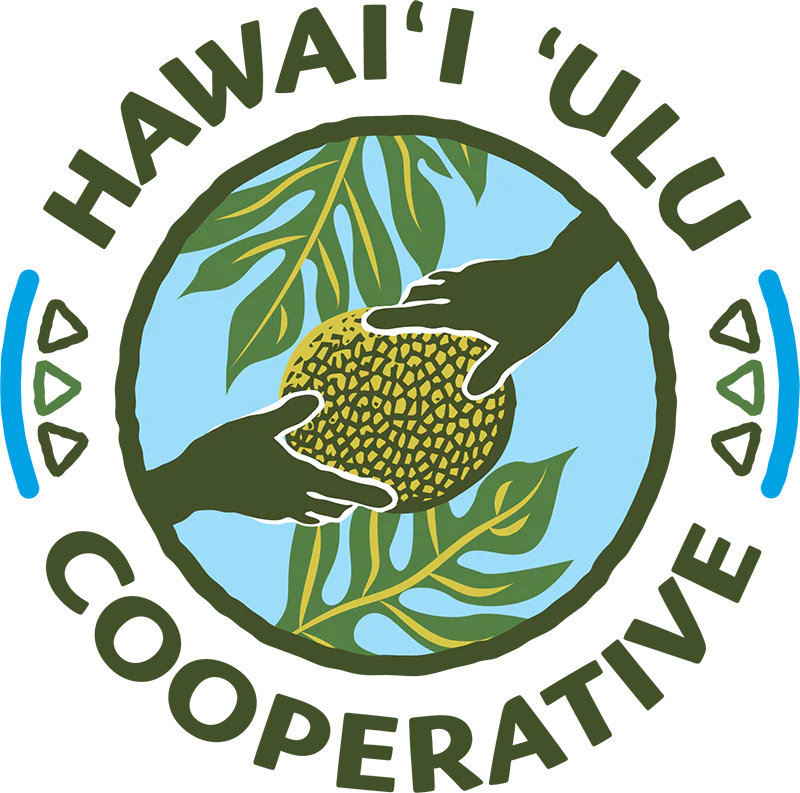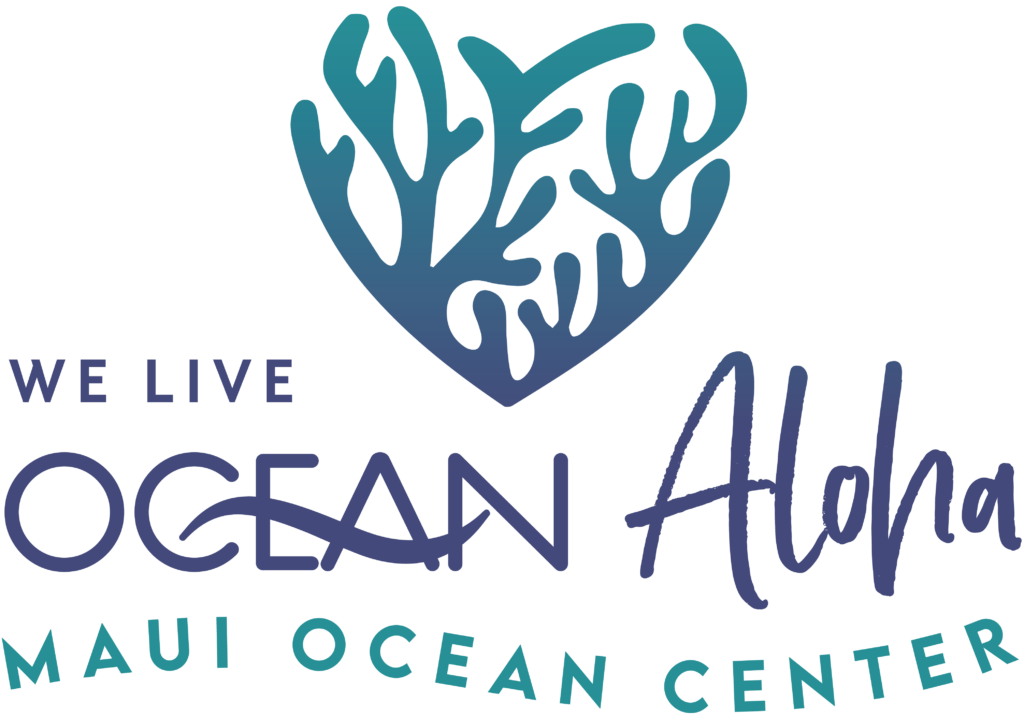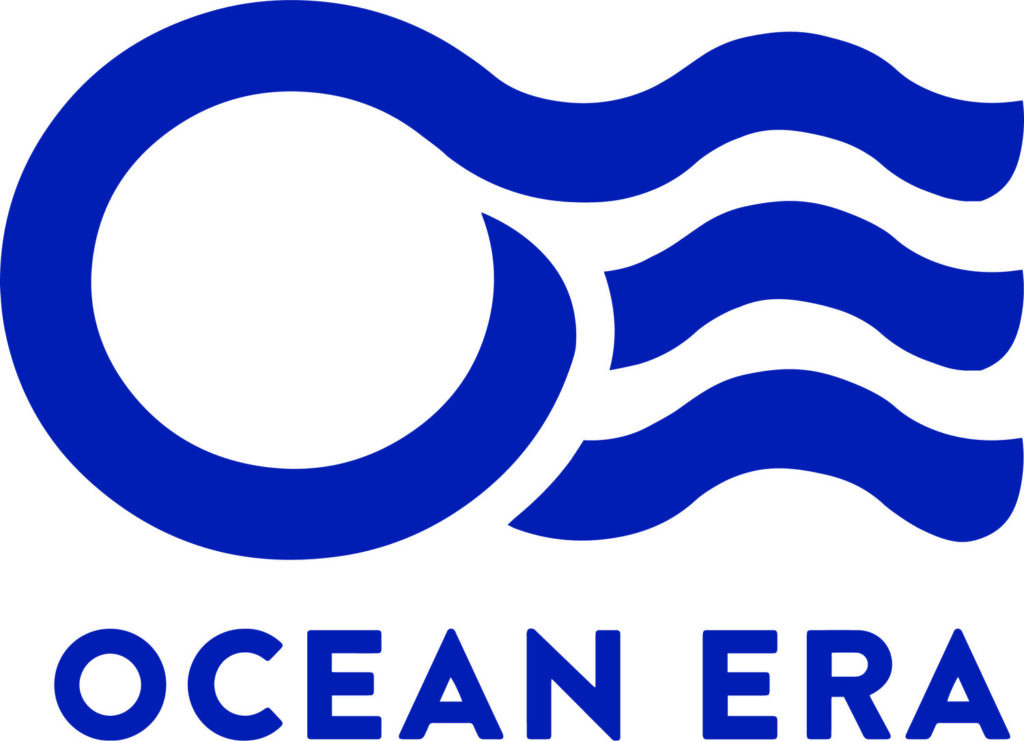




Photo credit: Keli'i Kotubetey/Paepae o He'eia
About
The NSF Engines Development Award 2305455 supports the development of a Regional Innovation Engine in Hawai’i (HI) and the U.S.-affiliated Pacific Islands (USAPI) which will collaborate to collectively develop innovative climate resilient aquaculture solutions driven by indigenous knowledge systems and modern technology. Led by the University of Hawai’i, the network of collaborating partners, nicknamed “CliRAIM” for the Climate Resilient Aquaculture Innovation Megahub, will assess, plan, and coordinate the development of the Engine to facilitate the science, translation, commercialization, and scaling of products, methods and technologies for climate resilient innovations in aquaculture and related areas.
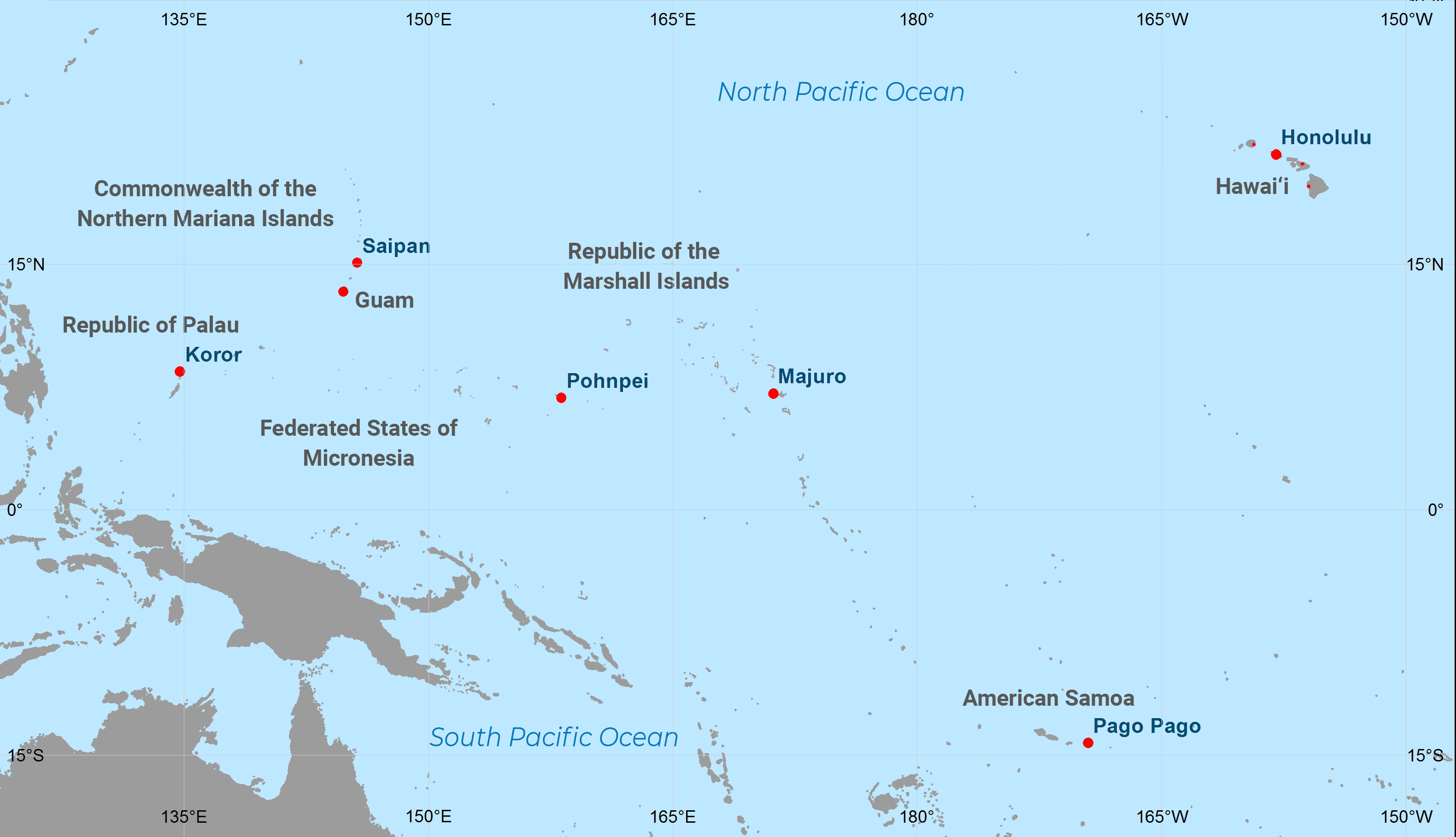
The NSF Engines Development Award 2305455 will work with 18 Minority Serving Institutions throughout the Pacific region including all 10 of the University of Hawai’i System’s campuses statewide, in addition to: American Samoa Community College; Chaminade University; College of the Marshall Islands (Majuro); College of Micronesia (Pohnpei); Hawaii Pacific University; Northern Marianas College; Palau Community College; and University of Guam.
Broader Impacts
The islands in this region share similar challenges associated with climate change impacts, biodiversity loss, geographic isolation, social inequities and tourism-reliant economies. Community resilience to these threats is deeply rooted in ancestral knowledge systems, which combined with contemporary scientific methods, can provide:

Climate
Resilience

Food Innovation
& Security

Economic
Diversification

Workforce
Development
The NSF Development Engine provides an opportunity to bring together the skills and expertise of a diverse group of innovators and entrepreneurs, industries, governments, and investors, to further the region’s aquaculture ecosystem. The goal is to provide a significant economic impact to the multibillion-dollar food sector in Hawaiʻi and the USAPI and demonstrate economic and cultural models for climate resilient aquaculture production for other US and international areas.
Outcomes
The CliRAIM project outcomes are to solidify partnerships, provide organizational structure, and develop a knowledge foundation to set the stage for aquaculture innovation activities to expand in the region through the NSF Engines Development Award 2305455 24-month program:

PHASE 1: Assessment
Conduct a series of in-person meetings with current and potential partners to share information, evaluate resources, opportunities and challenges of expanding food production systems and workforce development in the region.

PHASE 2: Planning
Synthesize the information from the assessment phase to generate plans to identify and prioritize goals and objectives and the steps to achieve them.

PHASE 3: Coordination
Establish a framework of the organization, communication and knowledge sharing among the network, including governance activities, formal and informal meetings, and social events to facilitate the sustainable growth of CliRAIM.

PHASE 4: Application
Apply for an NSF Engines Type-2 multi-million dollar award upon solidifying organization and partnerships in order to initiate and ramp up activities over an extended period.
Program Partners
For more information on how to become a network partner, contact cliraim@hawaii.edu.
Contact
For any questions about the NSF Engines Development Award, email cliraim@hawaii.edu.
Team
| NAME | TITLE |
|---|---|
| UNIVERSITY OF HAWAI‘I | |
| ERIK C FRANKLIN | Associate Professor Hawai‘i institute of Marine Biology |
| VASSILIS L. SYRMOS | Vice President for Research & Innovation |
| STEVE AUERBACH | Interim Director Office of Innovation & Commercialization |
| CAROLINE FRY | Assistant Professor Shidler College of Business |
| KAMUELA ENOS | Director Office of Indigenous Knowledge and Innovation |
| CHARLES FLETCHER | Dean School of Ocean and Earth Science and Technology |
| NOA LINCOLN | Associate Professor Tropical Plant and Soil Sciences |
| BRADLEY KAI FOX | Aquaculture Extension Agent UH SeaGrant |
| MICHELLE CLARK | Business Development Manager Pacific Business Center Program |
| CHAD CALLAN | Associate Professor of Aquaculture University of Hawai‘i Hilo |
| STEVE DURBIN | Associate Dean College of Engineering |
| STEERING COMMITTEE | |
| ALEXIA AKBAY | CEO Symbrosia |
| MURRAY CLAY | President Ulupono Initiative |
| JESSE COOKE | Vice President Ulupono Initiative |
| TIFFANY HUYNH | Director of External Affairs Elemental Excelerator |
| TODD LOW | Manager State of Hawai‘i Department of Agriculture |
| ANTHONY MAU | Business Owner Kupu Place Aquaponics |
| WAYNE MURPHY | Partner and Co-Founder HATCH |
| MAHINA PAISHON-DUARTE | Co-Founder & CEO Waiwai Collective |


